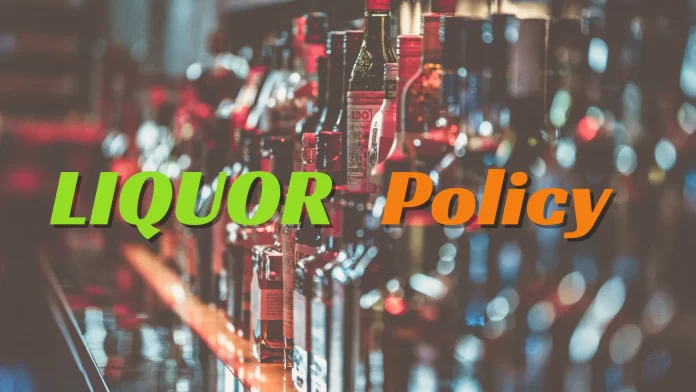Challenges in implementing policies
Let’s explore some of these barriers:
Resource Constraint:
- Limited financial and human resources can hinder the implementation of comprehensive alcohol policies.
- Allocating sufficient resources for enforcement, monitoring, and evaluation is essential.
Legal Loopholes:
- Existing legal frameworks may have gaps or loopholes that allow for non-compliance or exploitation.
- Addressing these loopholes requires legal amendments and rigorous enforcement.
Lack of Evidence:
- Policymakers often lack local evidence to support policy implementation.
- Rigorous research and data collection are necessary to demonstrate the effectiveness of specific measures.
Low Priority:
- Alcohol control policies may not be a top priority for responsible agencies.
- Competing priorities can lead to delays or inadequate attention to policy implementation.
Insufficient Skills of Implementers:
- Effective policy implementation requires skilled personnel.
- Lack of training or expertise among implementers can hinder successful execution.
Industry Influence:
- The alcohol industry may resist policy changes that affect their profits.
- Industry lobbying and influence can delay or weaken policy implementation.
Public Perception and Acceptance:
- Policies that restrict alcohol availability or increase prices may face opposition from the public.
- Building public awareness and acceptance is crucial.
Political Commitment:
- Strong political will and commitment are necessary for sustained policy implementation.
- Changes in government or shifting priorities can impact policy continuity.
Cross-Border Challenges:
- Alcohol policies often intersect with international trade and cross-border issues.
- Harmonizing policies across countries can be complex.
Cultural and Social Factors:
- Cultural norms, traditions, and social acceptance of alcohol play a role.
- Policies must consider local contexts and community attitudes.
Addressing these challenges requires collaboration among stakeholders, evidence-based approaches, and sustained commitment to public health & safety.
Successful case studies of effective alcohol policies in different countries:
Lithuania:
- In the early 2000s, Lithuania had one of the highest per capita alcohol consumption levels.
- The country implemented a competitive policy using the WHO best buys to correct this trend over a short period.
- Measures included restrictions on alcohol advertising and a ban on alcohol sales in petrol stations and kiosks.
- The second package introduced in 2016 further increased the minimum legal drinking age, raised alcohol prices, limited retail sale time, and banned alcohol advertisements.
- These comprehensive measures led to a significant reduction in alcohol consumption.
Scotland:
- Scotland implemented a minimum unit pricing (MUP) policy in 2018.
- The policy set a minimum price per unit of alcohol to reduce excessive drinking.
- Early evidence suggests a decline in alcohol-related hospital admissions and deaths in Scotland.
Russian Federation:
- The Russian Federation introduced several alcohol control measures.
- These included increased excise taxes, restrictions on advertising, and availability limitations.
- The impact of these measures was assessed, showing positive effects on mortality and life expectancy.
Other Countries:
France: Introduced a graduated tax system based on alcohol content, leading to reduced alcohol consumption.
Finland: Implemented a comprehensive alcohol policy that included pricing, availability, and advertising restrictions.
Australia: Introduced plain packaging for alcoholic beverages to reduce brand appeal.
In summary, these case studies demonstrate the effectiveness of evidence-based alcohol policies in reducing harm and improving public health outcomes.
Read about Delhi CM arrest here.






























